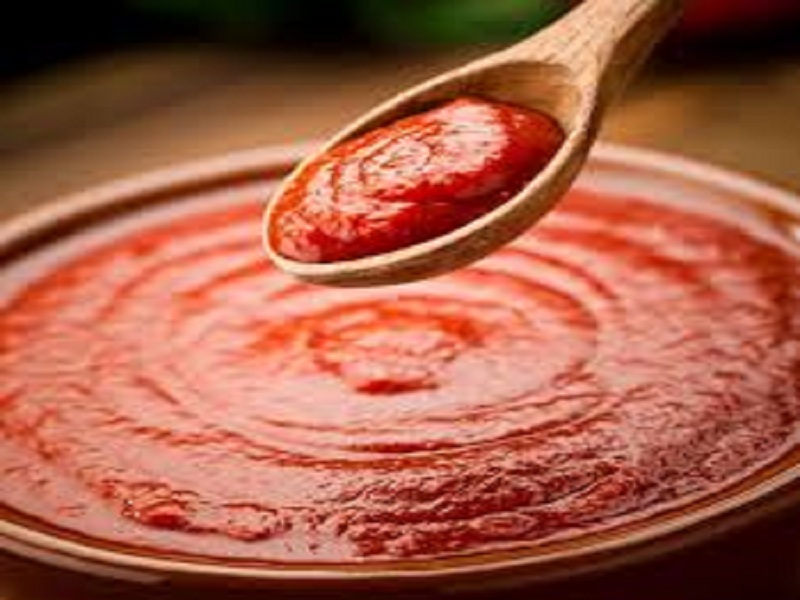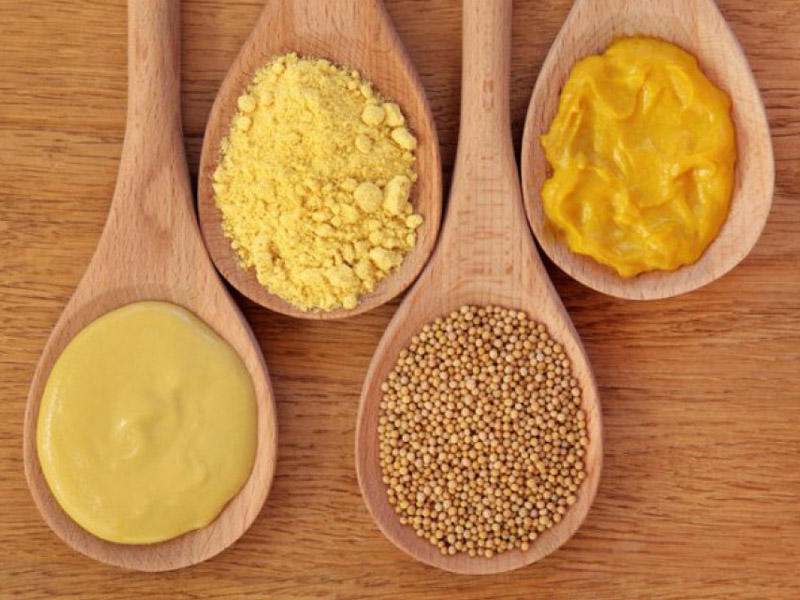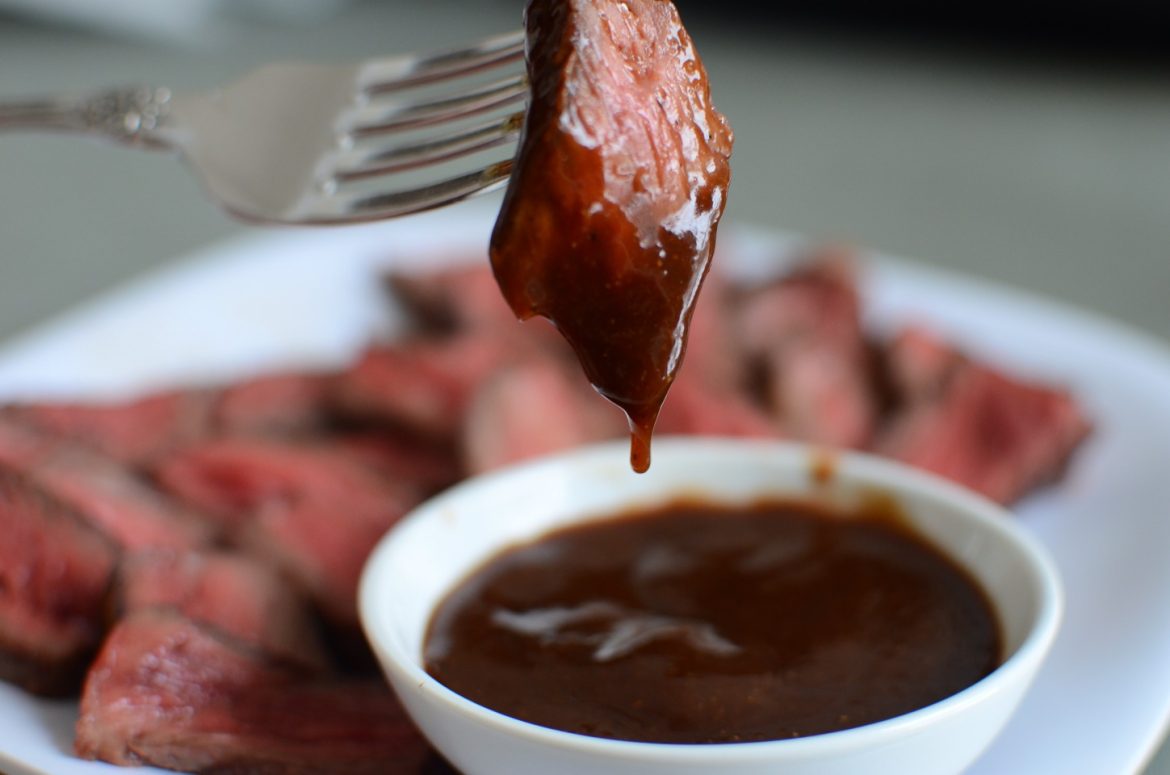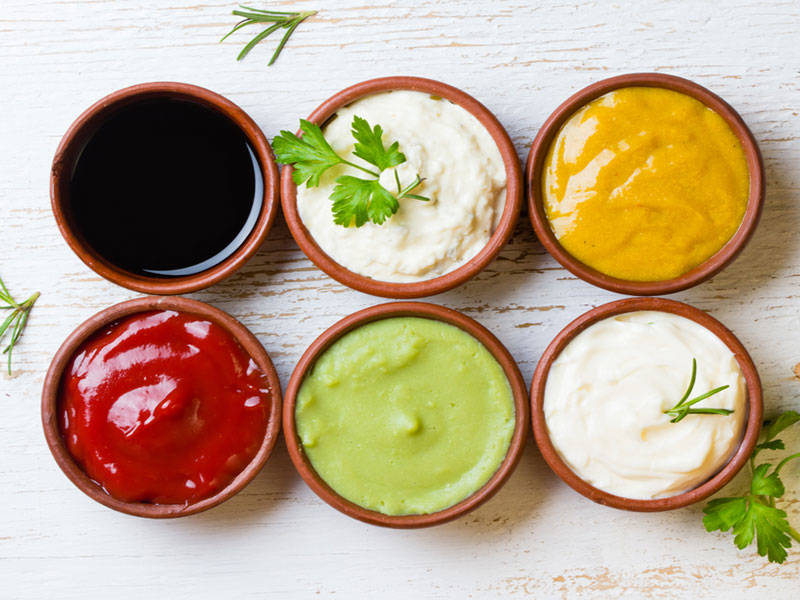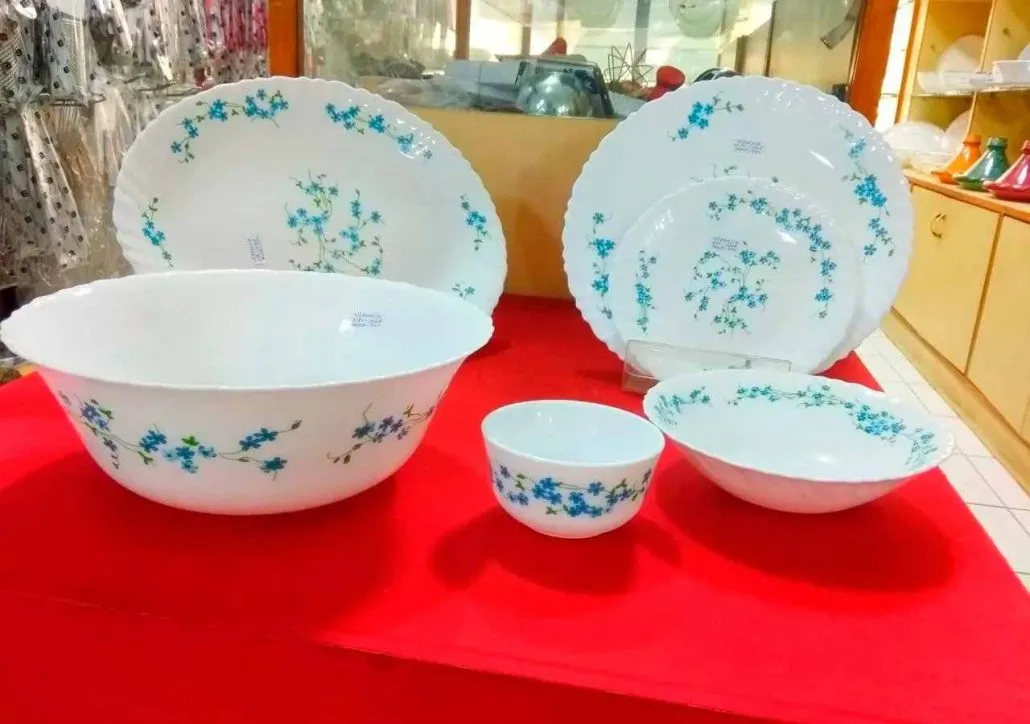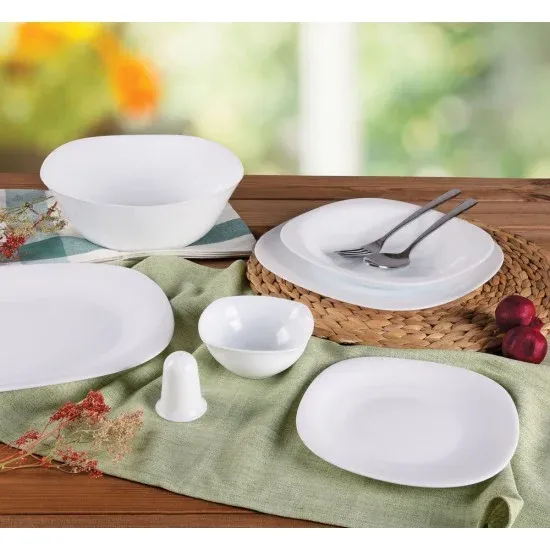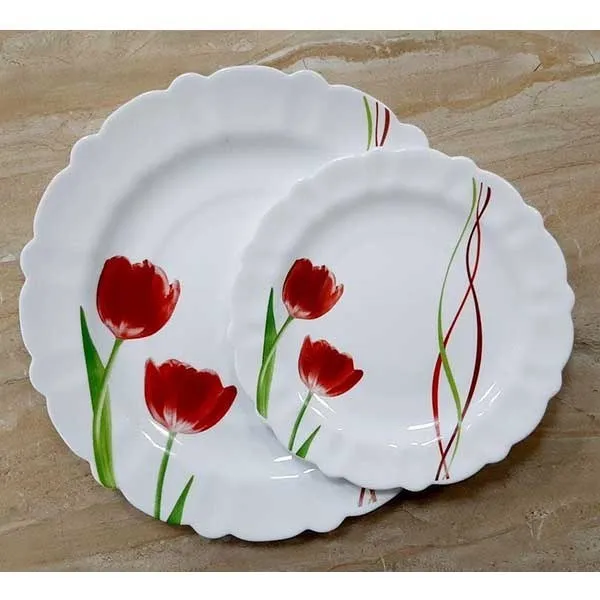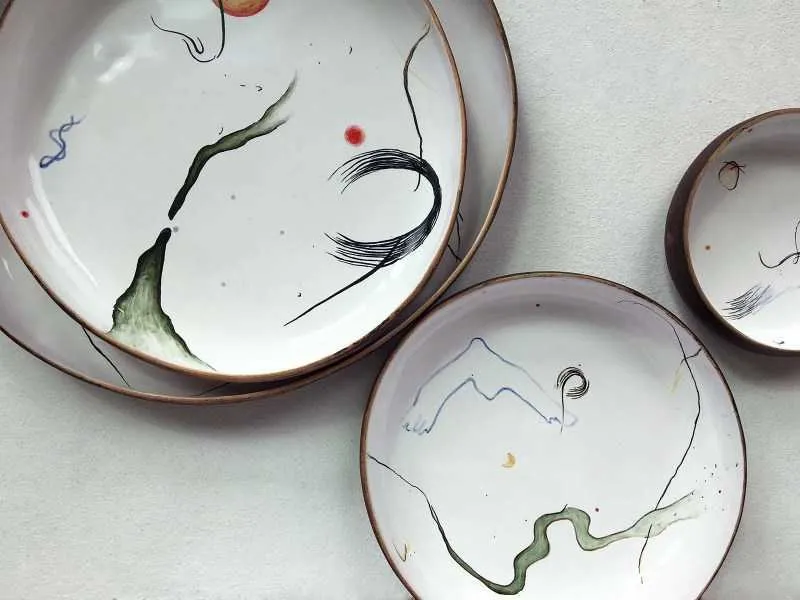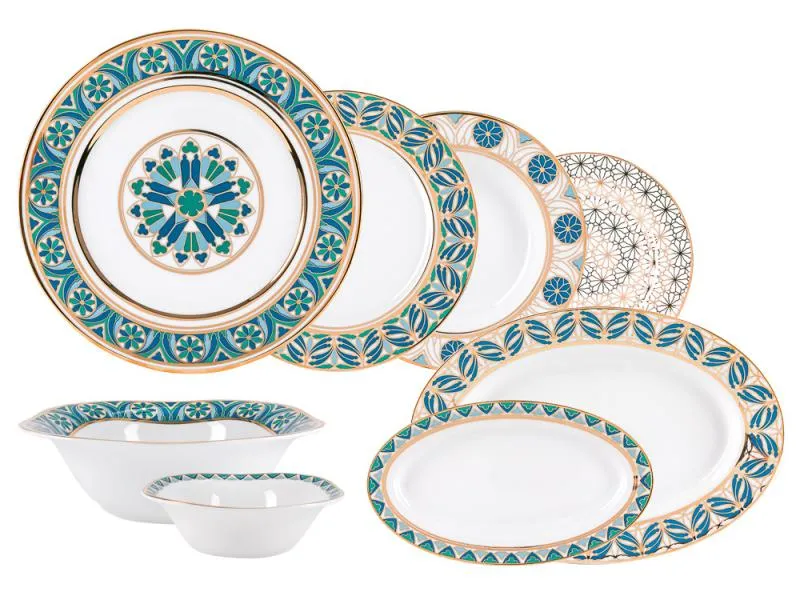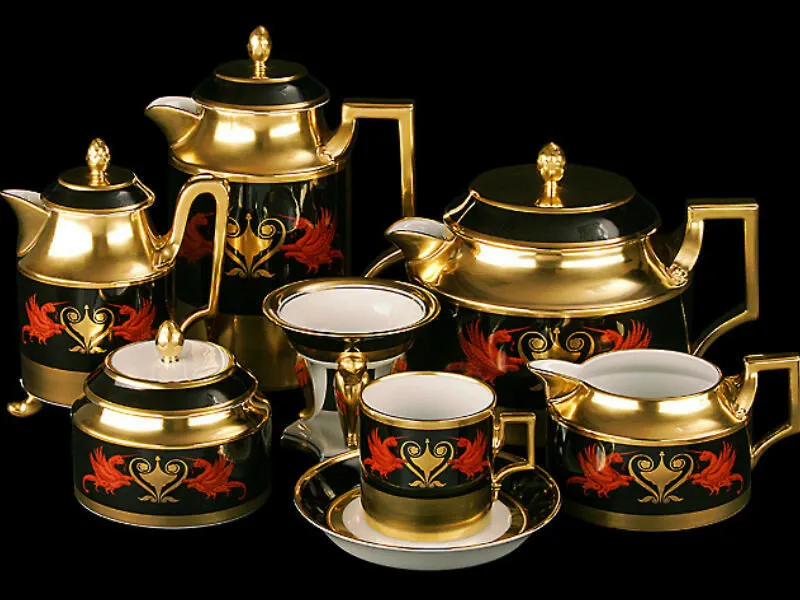Porcelain Clay: A Versatile Material for Artisans and Businesses
Porcelain clay is a versatile and highly valued material used by artisans and businesses alike. Its unique properties make it ideal for a wide range of applications, including pottery, ceramics, and sculpture. In this article, we will discuss porcelain clay, its uses, and the factors to consider when buying and pricing this valuable material.
Discuss Porcelain Clay
Porcelain clay, also known as white clay, is a type of ceramic material that is made from a mixture of kaolin, feldspar, and quartz. It is known for its smooth texture, translucency, and pure white appearance. Porcelain clay is highly plastic, meaning that it can be easily shaped and molded.
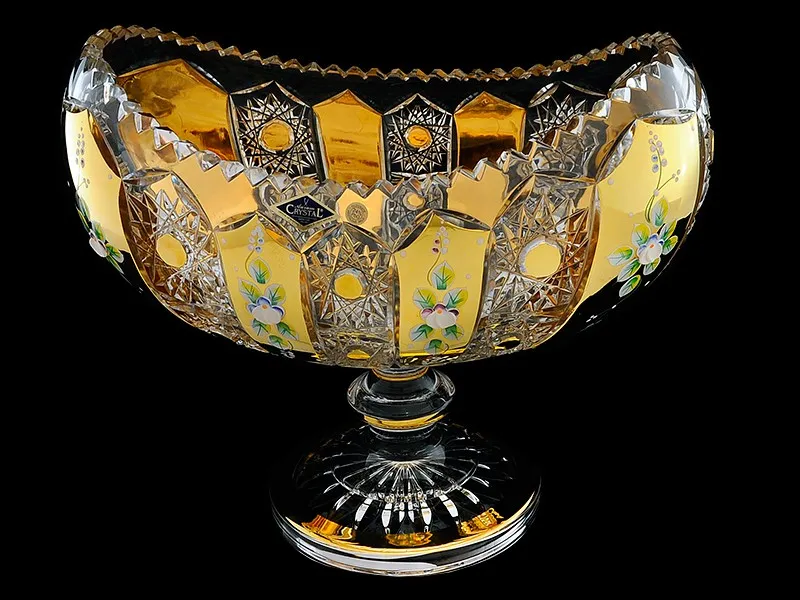
One of the key characteristics of porcelain clay is its high firing temperature. It requires firing at temperatures above 1,200 degrees Celsius to achieve its distinctive glass-like finish. This firing process vitrifies the clay particles, making the resulting object non-porous and extremely durable.
The unique properties of porcelain clay make it an excellent choice for a variety of applications. It is commonly used to create delicate and intricate pottery, tableware, figurines, and decorative objects. Porcelain clay is also favored by sculptors who appreciate its fine-grained nature, which allows for intricate details and smooth finishes.
Buying Porcelain Clay
When purchasing porcelain clay, it is important to consider several factors to ensure that you are getting the best quality material for your needs.
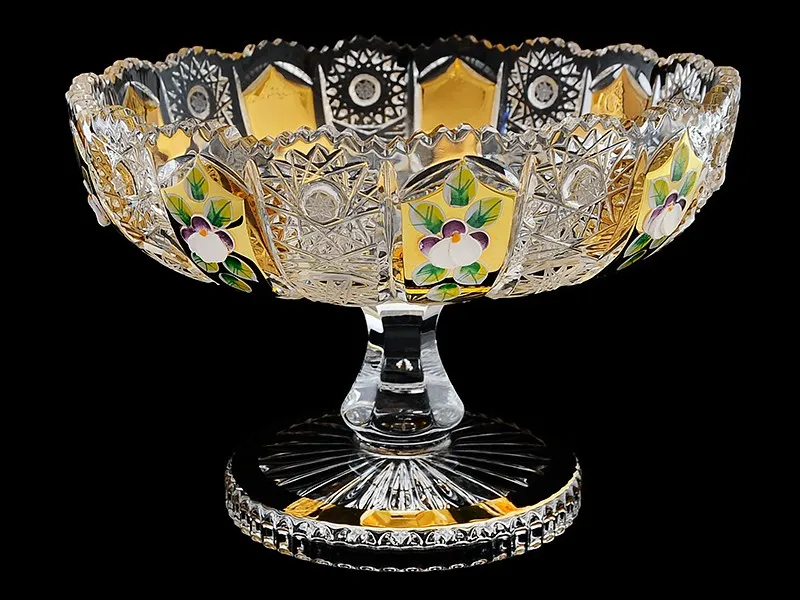
First and foremost, it is essential to choose a reputable supplier or manufacturer. Look for suppliers who have a proven track record of delivering high-quality porcelain clay. Many pottery supply stores, online retailers, and specialized ceramic studios offer a wide selection of porcelain clay for purchase.
Another crucial consideration is the clay’s plasticity and workability. Different brands and types of porcelain clay may have varying degrees of plasticity, which can affect how it can be manipulated and shaped. It is advisable to get small samples from different suppliers to test their plasticity and determine which one matches your requirements.
Additionally, it is important to verify whether the porcelain clay is suitable for your intended firing temperature. Some types of porcelain clay are designed for lower temperatures, while others are specifically formulated for high-temperature firings. Be sure to choose the correct clay type to ensure optimal results.
Price of Porcelain Clay
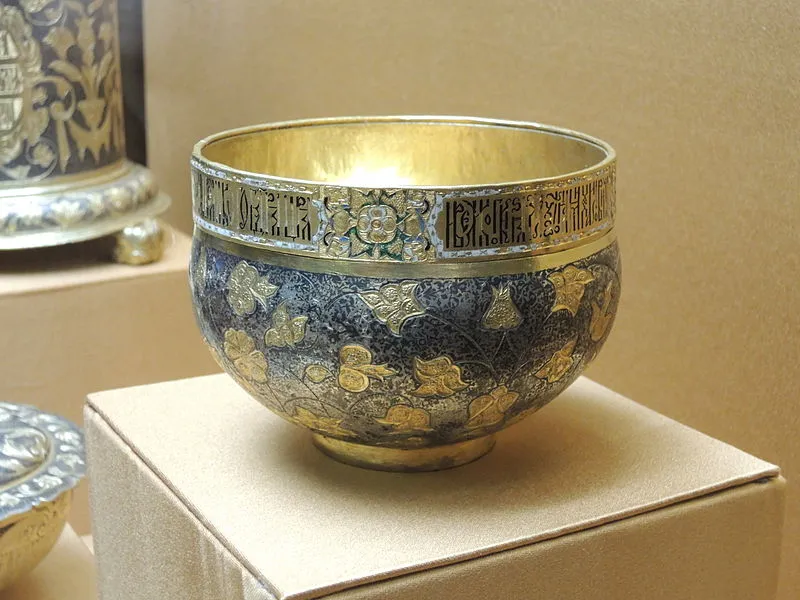
The price of porcelain clay can vary depending on several factors, including the quality, brand, type, and quantity. Generally, high-quality porcelain clay is more expensive due to its superior properties and consistency. It is worth investing in higher-grade clay to achieve better results, especially for professional artists and businesses.
The quantity of porcelain clay that you need will also affect the overall price. Suppliers typically offer clay in various quantities, ranging from small bags to larger bulk orders. Buying in larger quantities can often result in cost savings, as suppliers may offer discounts for bulk purchases.
Furthermore, the brand and reputation of the clay manufacturer can impact the price. Well-known and established brands that have a long history of producing high-quality porcelain clay may charge more for their products. However, it is essential to balance cost and quality to ensure that you are getting the best value for your money.
Finally, it is advisable to factor in shipping costs when purchasing porcelain clay, especially if you are buying online or from a supplier located far away. Clay is a heavy material, and shipping fees can vary greatly, so it is wise to consider this aspect when comparing prices.
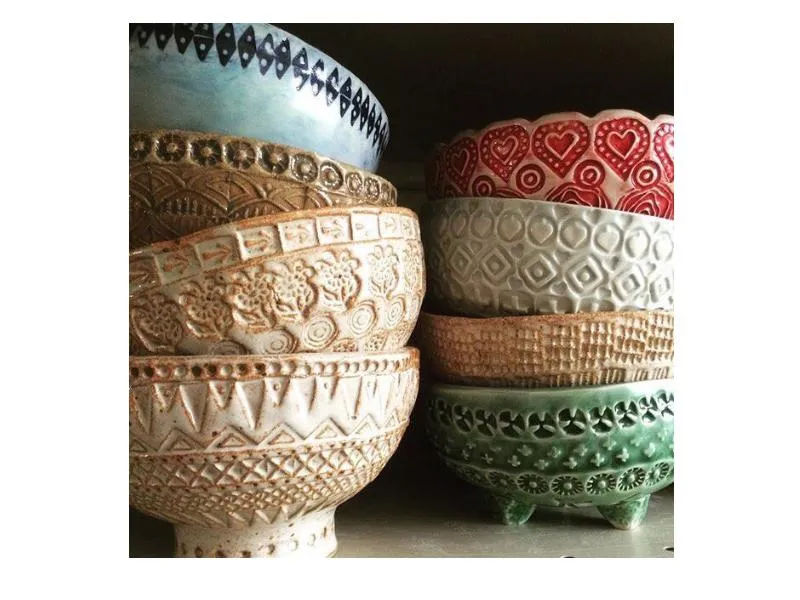
In conclusion, porcelain clay is a versatile and valuable material that offers endless possibilities for artisans and businesses. Its unique properties, such as plasticity and high firing temperature, make it ideal for creating delicate and intricate pottery, ceramics, and sculptures. When buying porcelain clay, it is important to consider factors such as quality, workability, firing temperature, and price. By carefully evaluating these elements and choosing the right supplier, you can ensure that you are getting the best quality clay at a competitive price.
